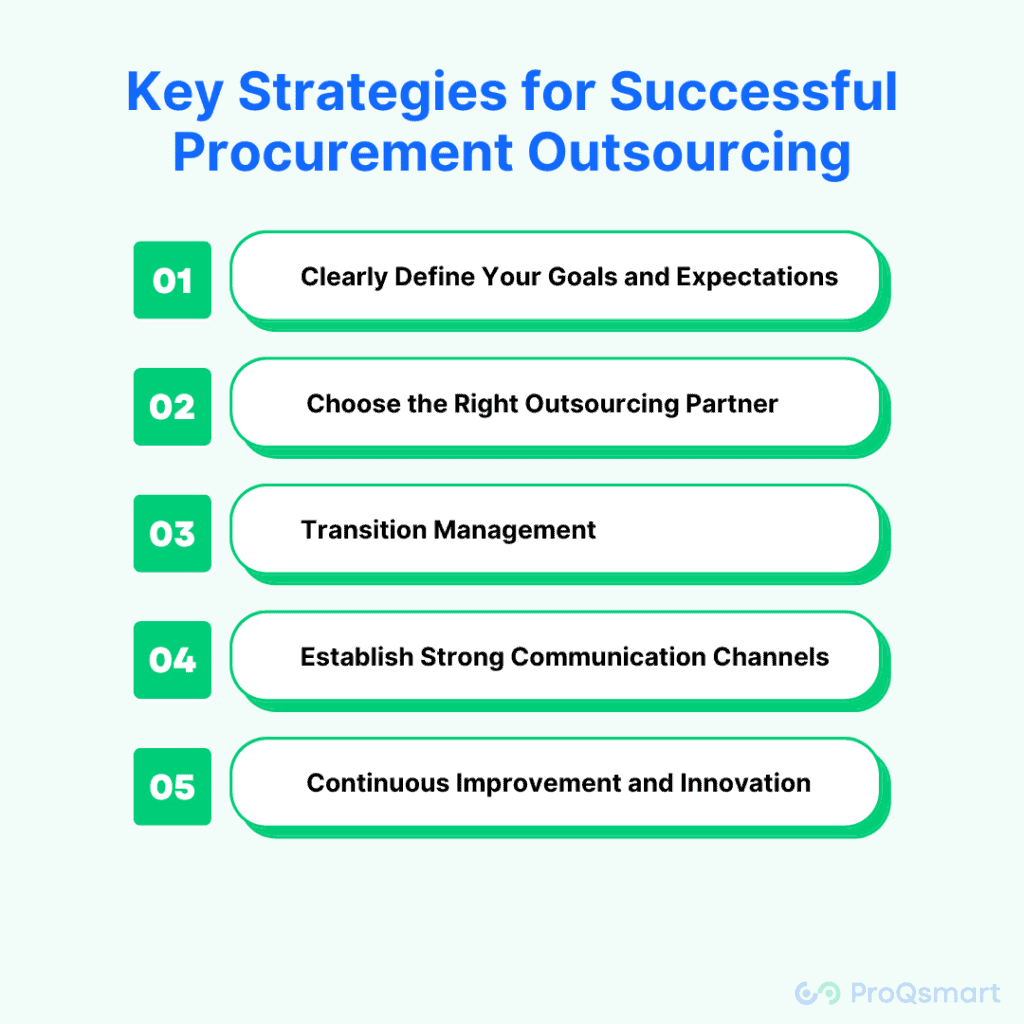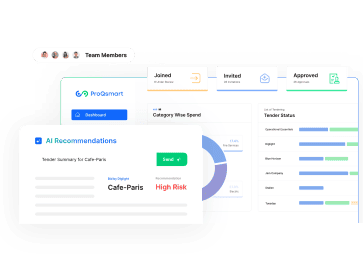In today’s competitive business environment, many companies are turning to procurement outsourcing as a strategic approach to enhance efficiency and focus on their core competencies. This blog explores the critical strategies for successful procurement outsourcing, offering insights on how to navigate its complexities and reap maximum benefits.
Understanding Procurement Outsourcing
Procurement outsourcing involves delegating procurement functions, from sourcing and purchasing to supply chain management, to external specialists. This approach helps businesses optimize their resources, reduce operational costs, and improve procurement efficiency.
Benefits of Procurement Outsourcing
Cost Reduction
Outsourcing can significantly lower costs by leveraging the expertise and economies of scale of external providers.
Enhanced Focus on Core Business
It allows companies to concentrate on their core activities, improving productivity and innovation.
Access to Expertise
Outsourcing partners bring specialized knowledge and experience, offering insights and access to global supplier networks.
Risk Management
Professional procurement providers are better equipped to manage risks associated with market volatility and compliance issues.
Key Strategies for Successful Procurement Outsourcing

Clearly Define Your Goals and Expectations
Understand and articulate what you aim to achieve through outsourcing, whether it’s cost savings, improved efficiency, or access to new technologies.
Choose the Right Outsourcing Partner
Select a provider with a proven track record, industry expertise, and alignment with your company’s culture and values.
Transition Management
Develop a comprehensive transition plan to ensure smooth transfer of responsibilities with minimal disruption to operations.
Establish Strong Communication Channels
Maintain open and continuous communication with your outsourcing partner to ensure clarity and address any issues promptly.
Continuous Improvement and Innovation
Work with your partner to continuously improve processes and incorporate innovation to stay ahead in the market.
Implementing a Successful Outsourcing Strategy
Assessment of Needs
Evaluate your current procurement processes to identify which areas would benefit most from outsourcing.
Market Research
Conduct thorough research to identify potential outsourcing partners who offer the expertise and capabilities you need.
Contract Negotiation
Negotiate a contract that clearly defines roles, responsibilities, performance metrics, and terms of engagement.
Performance Monitoring
Regularly monitor the performance of the outsourcing arrangement to ensure it meets your business objectives and make adjustments as necessary.
Conclusion
Procurement outsourcing can be a game-changer for businesses looking to enhance their competitive edge. By carefully selecting the right outsourcing partner and strategically managing the relationship, companies can achieve significant cost savings, access advanced expertise, and improve their overall procurement efficiency.


